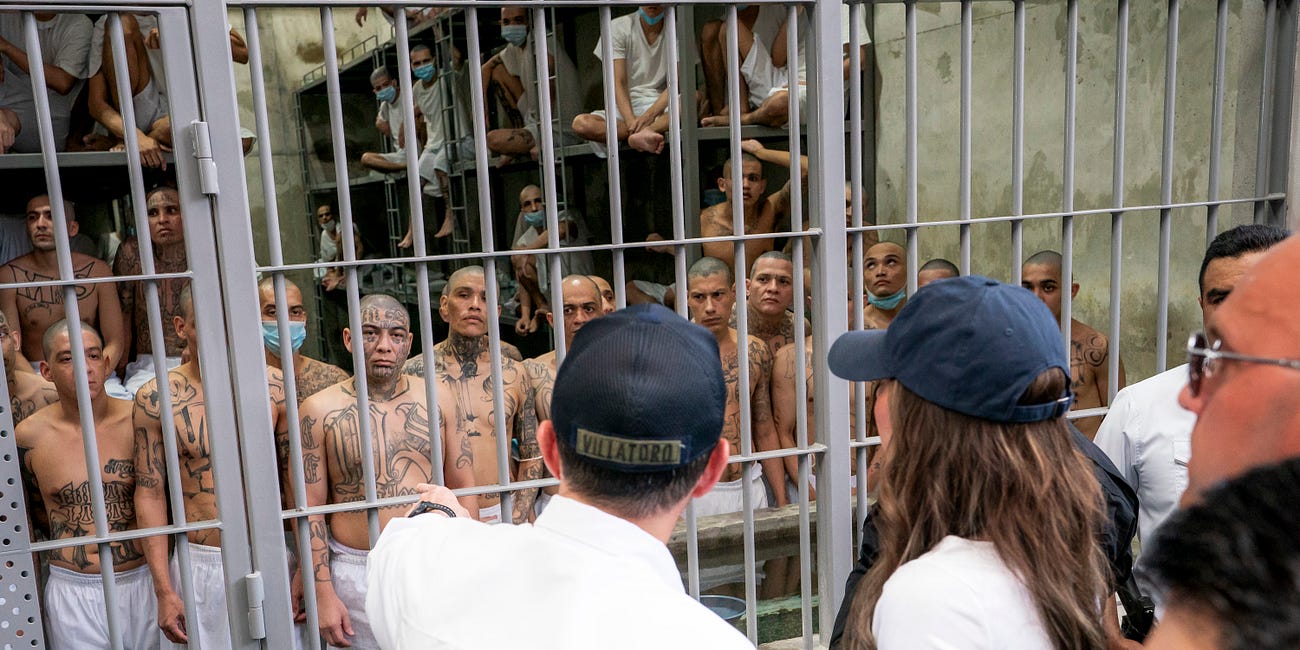ADDENDUM G: Constitutional Inequality in Enforcement – Citizens vs. Non-Citizens
US Citizens Have Fewer Rights Than Illegals
Read Part 1:
Invasion USA
Issue PresentedThanks for reading Autodidact Obsessions! Subscribe for free to receive new posts and support my work.
I. Introduction
This addendum exposes the emergent dual standard of constitutional enforcement that now governs U.S. citizens and non-citizens, particularly undocumented immigrants and foreign infiltrators. Courts have, through layered precedent and overextension of due process norms, created a class of persons who enjoy more robust procedural protections than American citizens subject to arrest, trial, or detention under ordinary criminal or regulatory law.
---
II. The Legal Baseline: Equal Protection and Enforcement Uniformity
Fourteenth Amendment – Equal Protection Clause:
> "No State shall... deny to any person within its jurisdiction the equal protection of the laws."
Fifth Amendment – Due Process Clause (as applied to the federal government):
> "No person shall... be deprived of life, liberty, or property, without due process of law."
While both clauses apply to “persons,” courts have acknowledged the government's broader authority over non-citizens, especially those unlawfully present.
Mathews v. Diaz, 426 U.S. 67 (1976):
> “The Constitution does not require Congress to treat all classes of aliens alike, or to accord them the same rights as citizens.”
Fiallo v. Bell, 430 U.S. 787 (1977):
Reaffirmed congressional plenary power over immigration classifications.
Yet judicial and administrative developments now invert this doctrine, functionally elevating non-citizens—especially undocumented migrants—into a quasi-protected class with enhanced procedural insulation from enforcement actions.
---
III. Concrete Areas of Inequality
A. Detention and Release Standards
| Category | U.S. Citizens | Undocumented Immigrants |
| --------------------- | ----------------------------------------------------------- | ------------------------------------------------------------------------------------------------------------------- |
| Criminal Arrest | Can be jailed pretrial with minimal due process (Salerno) | Must receive individualized hearings for even administrative holds (Jennings v. Rodriguez, 138 S. Ct. 830 (2018)) |
| Bond Hearings | Not always guaranteed (e.g., no-bail or flight risk cases) | Bond hearings now required within specific timelines post-Rodriguez (lower courts) |
| Immigration Detainers | Not applicable | Sanctuary jurisdictions often shield individuals despite federal warrants |
B. Enforcement Priority and Adjudication
Citizens are arrested and charged routinely for regulatory offenses (e.g., firearms violations, tax crimes, controlled substance possession).
Illegal entrants may invoke constitutional protections to delay or prevent removal entirely (e.g., Zadvydas v. Davis, 533 U.S. 678 (2001)).
> A U.S. citizen arrested for a domestic gun violation may spend a year awaiting trial—while a non-citizen with no lawful presence and a similar offense cannot be held indefinitely, even if removal is blocked by a foreign government.
---
IV. Structural Inequality Creates Constitutional Asymmetry
This tiered system creates constitutional imbalance:
Citizens are presumed prosecutable.
Illegal entrants are presumed entitled to civil resolution and near-criminal standards of due process.
Such structural inequality violates the principle of government neutrality and distorts both enforcement incentives and public trust.
---
V. The Role of Judicial Precedent in Creating the Double Standard
Several cases collectively reinforce this unequal regime:
Plyler v. Doe, 457 U.S. 202 (1982) – Extended public education to undocumented children, citing “person” in Equal Protection Clause.
Zadvydas v. Davis, 533 U.S. 678 (2001) – Prohibited indefinite detention of inadmissible aliens.
Jennings v. Rodriguez, 138 S. Ct. 830 (2018) – Limited prolonged detention without bond hearings.
None of these cases established a greater entitlement than citizens possess, yet their cumulative application produces that very result.
---
VI. Hypothetical Illustrations of Legal Inversion
A U.S. citizen accused of material support to a foreign terrorist group (under 18 U.S.C. § 2339B) may be detained and denied bail based on public safety concerns.
A non-citizen illegally present, even if suspected of cartel or paramilitary ties, must receive immigration hearings and cannot be indefinitely detained—even when removal is impossible.
---
VII. Legal Consequences and the Erosion of Democratic Legitimacy
When courts protect foreign nationals with more vigor than citizens, they undermine:
The moral legitimacy of U.S. law,
The uniformity required by equal protection,
And the accountability of the legal system to the electorate.
As Hamdi v. Rumsfeld, 542 U.S. 507 (2004) stated:
> “A state of war is not a blank check for the President.”
> Yet for illegal entrants, the judiciary now provides a blank check of immunity from expedited removal or detention.
---
VIII. Conclusion
The modern application of constitutional protections in immigration has created a paradoxical system of legal privilege for those who violate U.S. sovereignty, while U.S. citizens face stricter, faster, and less forgiving enforcement standards.
This inversion of justice cannot persist without delegitimizing equal protection, Article II enforcement authority, and the rule of law itself. Courts must reevaluate this trajectory to prevent permanent inequality between those subject to U.S. law and those who exploit it from outside its civic framework.





